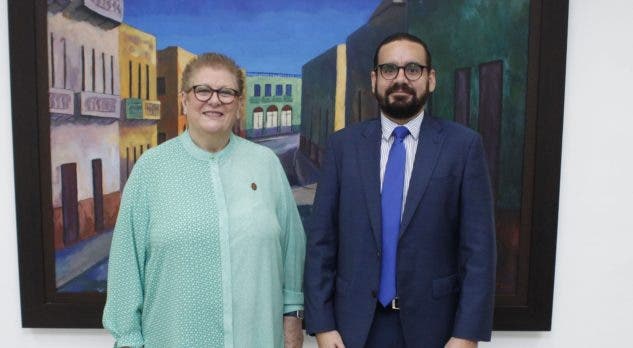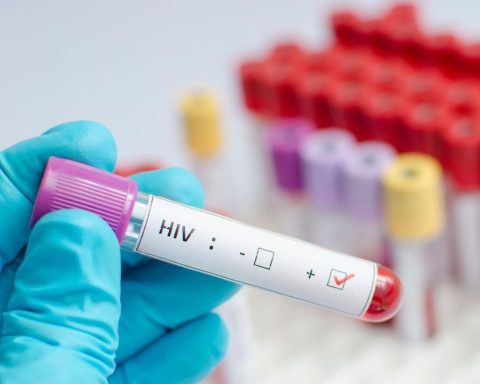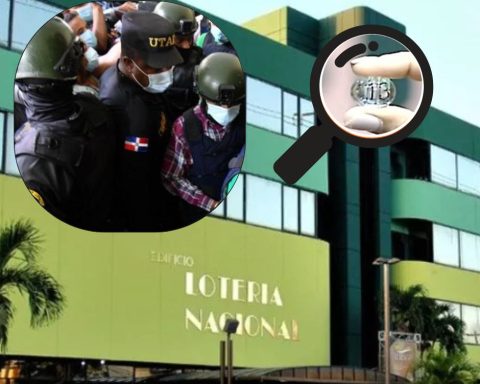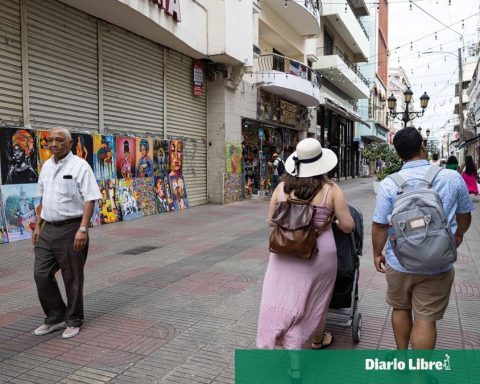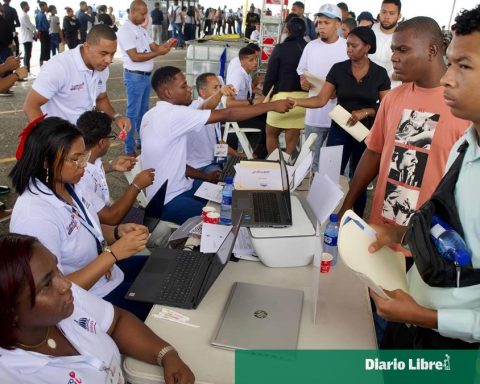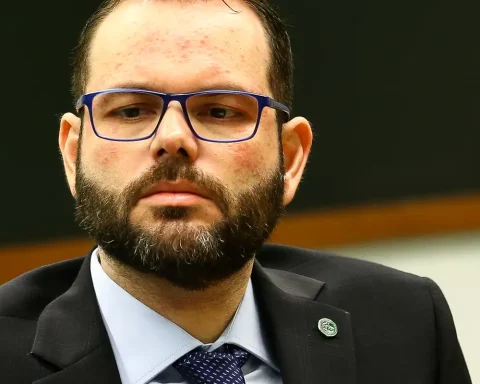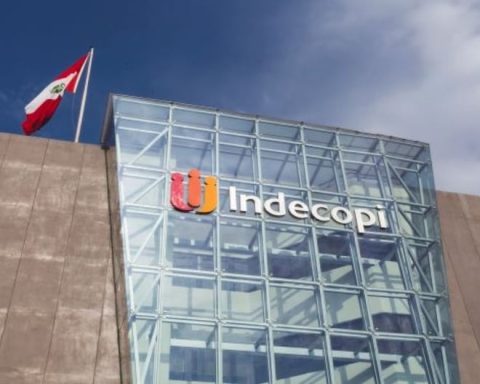Law 541 is a hindrance for the development of emerging tourist destinations, considers the Tourism and Productive Cluster of the Province of Barahona
The modification of the Tourism Law (Law 541) is necessary for the development of emerging tourist destinations because the current one restricts the creation of small businesses to offer the different services that tourists require and, consequently, limits the social impact of this sector in the communities.
This was stated by the executive director and vice president of the Tourism and Productive Cluster of the Province of Barahona, Rafael Nazario, and Elizabeth Tovar, when participating in the TODAY Economic Meeting.
They explained that Law 541 is obsolete, since it dates from 1969 and that the reality of the tourism sector has undergone great changes from that year to date, for which its modification cannot be postponed.
Tovar specified that tourism regulations make it difficult for emerging destinations to develop and gave as an example that if you want to develop Barahona or Pedernales, only a large transport company with six vehicles can enter and a series of very expensive conditions are also required for any emerging destination.
We invite you to read: Abel Martínez would seek to improve agricultural productivity
He considered that the law is very restrictive with tourist transport. The transport part has passed to National Institute of Traffic and Land Transportation (INTRANT)but with the same vices, he said.
This situation causes a large number of illegal tour operators to exist, who provide services without having the corresponding licenses.
Meanwhile, Nazario explained that the law does not contemplate the categorization of tourist service businesses, not only transport or tour operations, but also other businesses that offer services to tourists.
Small restaurants do not have real supervision that what they are offering is fulfilled and there is no guarantee that a tourist is going to be taken to a place “that is not going to be poisoned”.
They considered that the lack of classification of the hotels is due to a deficiency of the law and the regulations.
They highlighted that attempts have been made to modify the tourism law, but it cannot be changed without consultation with the actors involved.
They request to reactivate negotiations with Boeing
at low capacity
The Tourism and Productive Cluster of the Barahona Province (CTPPB) requested to reactivate negotiations for Boeing to install a workshop in the Barahona international airport area, a proposal that began before the covid-19 pandemic.
He specified that Boeing wants to make a hub for the maintenance of the aircraft that operate in the Americas.
You may be interested in: Reactions after the expulsion of José Laluz from the PLD
“They want all Boeing planes that fly in South America and North America to be transferred to Barahona,” said CTPPB executive director Rafael Nazario.
Boeing’s operation will have a great impact on job creation and training for Barahoneros.
He stated that the airport has a huge amount of land that will be enabled for Boeing operations.
He considered that the closure of that airport on weekends slows down the development of tourism in Barahona.
Currently the air terminal does not have commercial flights, despite being a fully certified airport, he said.
